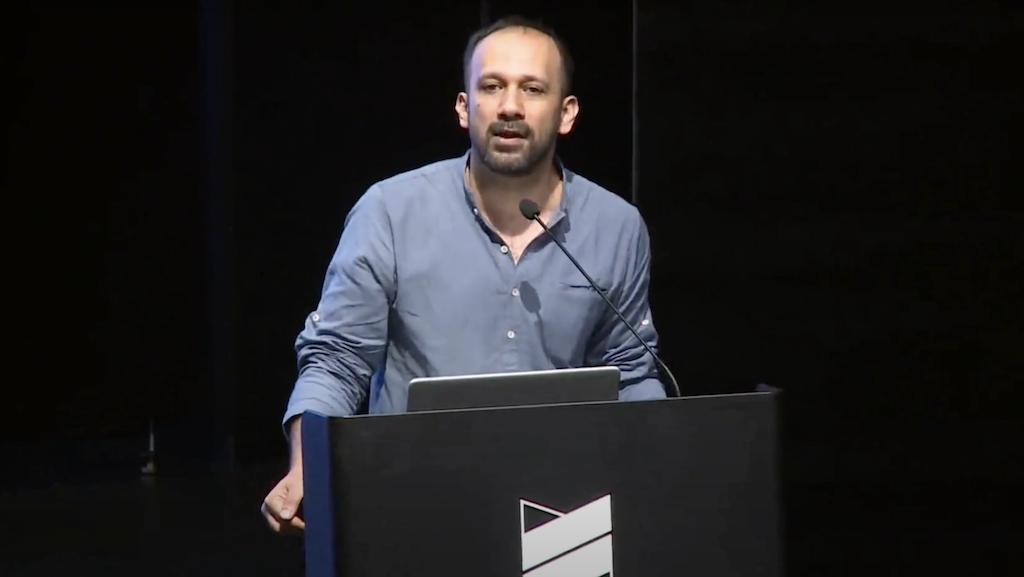Gautam Bhan, a leading urbanist and Associate Dean at the Indian Institute for Human Settlements (IIHS), delivered a compelling keynote at the 8th India Land and Development Conference (ILDC), challenging entrenched narratives around housing in urban India. His address, rooted in decades of research and practice of teams of researchers at the Indian Institute for Human Settlements, Bangalore, delved into the critical intersections of affordability, adequacy, and viability, forming the pillars of what he called "India's housing question."
Bhan began with stark statistics that painted a bleak picture of housing affordability in India's urban centers. Citing the ratio of annual income to housing costs, he revealed that 80% of urban households earn less than ₹2.2 lakh annually, effectively placing adequate housing—priced upwards of ₹11 lakh—beyond their reach. "Think about the city you come from," he urged the audience, "and imagine the house you can buy for ₹6.5 lakh. Imagine what it's made of, where it is, and how it shapes the lives of those who live there." This stark affordability gap, Bhan argued, underscores the systemic failures of housing markets that cater only to the wealthiest 7.5% of the population.
From affordability, Bhan transitioned to the compromises urban households make. The first compromise, on the legality of people’s homes, leaves half of urban housing stock in informal settlements vulnerable to eviction and unable to access basic services. The second compromise, adequacy, forces residents into substandard living conditions, from dilapidated unauthorized colonies to overcrowded slums. These compromises, Bhan highlighted, are not just byproducts of poverty but the direct outcomes of broken housing systems.
Perhaps the most resonant part of Bhan’s address was his focus on viability—the geographical and economic proximity of housing to livelihoods. He critiqued policies that build affordable housing on urban peripheries, far from job opportunities, leading to high rates of abandonment. "Housing that is not viable," he declared, "is housing that people cannot make a life in because it is far from employment, transport and the city itself." This observation underscored the futility of policies that ignore the crucial link between housing location and livelihood.
Bhan's critique extended beyond the housing market to broader systemic issues, including the state's failure to regulate rent markets and the disproportionate focus on constructing new housing units instead of upgrading existing ones. He pointed to Odisha’s Jaga Mission as an example of what works—large-scale land titling and the upgradation of informal settlements, demonstrating the power of state investment and community-led initiatives.
While his address outlined the grim realities of urban housing, Bhan also offered a vision for transformation. He called for a constitutional right to adequate housing, arguing that such a right could galvanize the political will necessary to address the crisis. Reflecting on a 1990s movement for housing rights, he emphasized the moral imperative to revisit this fight. "The extent of our urban inequality has been normalized," he observed, "to the point that eight out of ten of our countrymen living in inadequate housing no longer moves us."
In closing, speaking to the idea that radical change in the right to housing may seem utopic, Bhan invoked the words of anti-caste theorist Gail Omvedt, who described utopias as needing a balance of "ecstasy and reason." He urged the audience to envision a radically different housing future while defining practical pathways to achieve it. "Housing, like so much else," he concluded, "cannot be content with a technical answer to a political question."
Gautam Bhan’s keynote was not just a critique but a rallying cry for systemic change in India’s housing landscape. His call for a radical reimagination of urban housing will undoubtedly resonate with policymakers, practitioners, and citizens alike.

